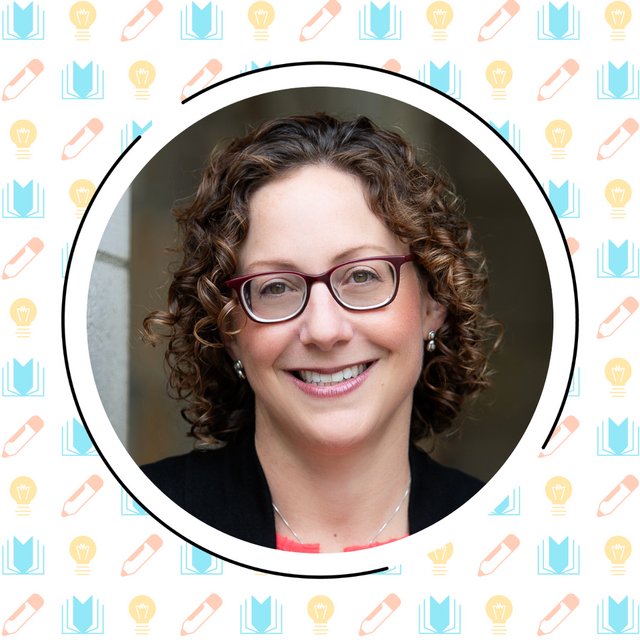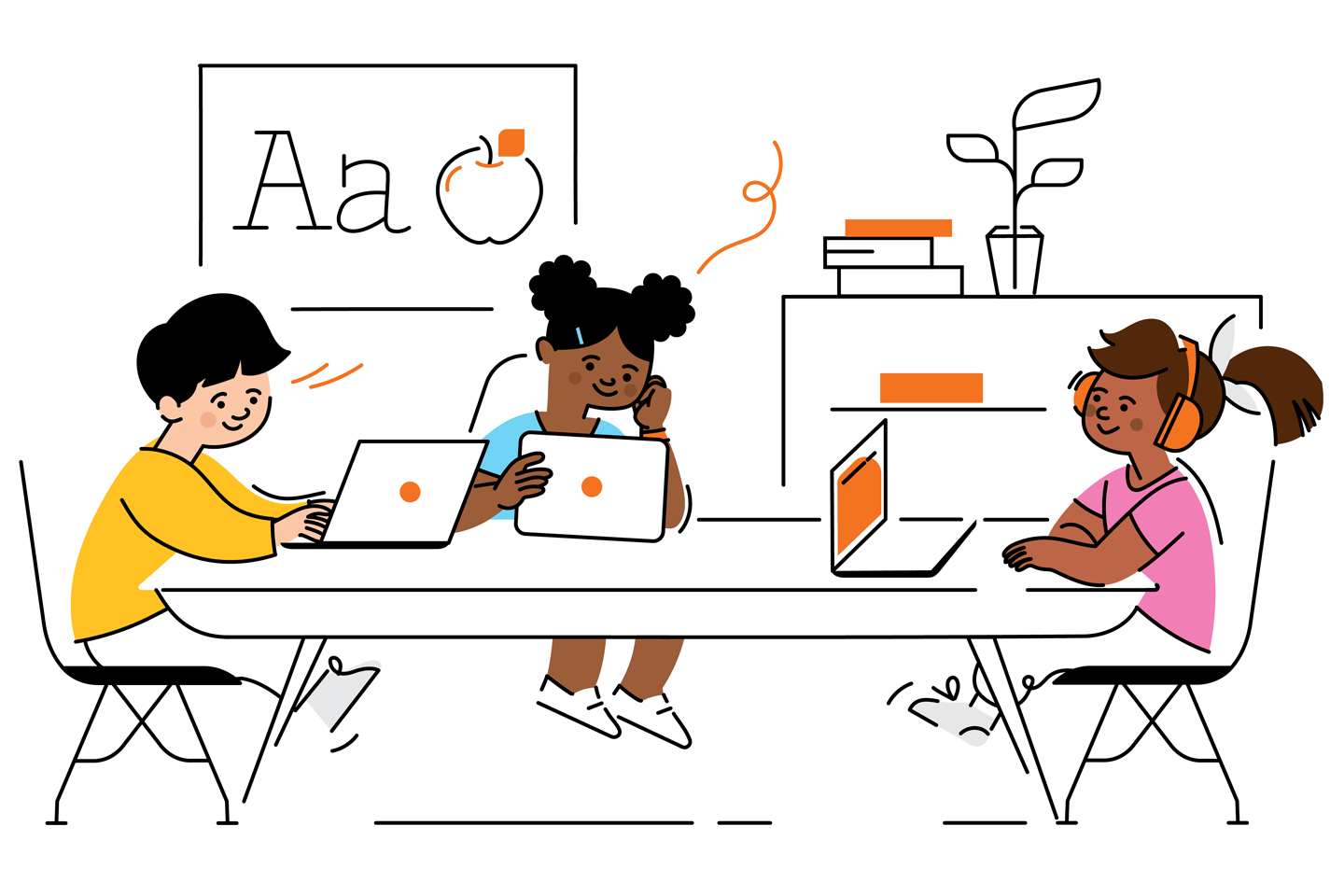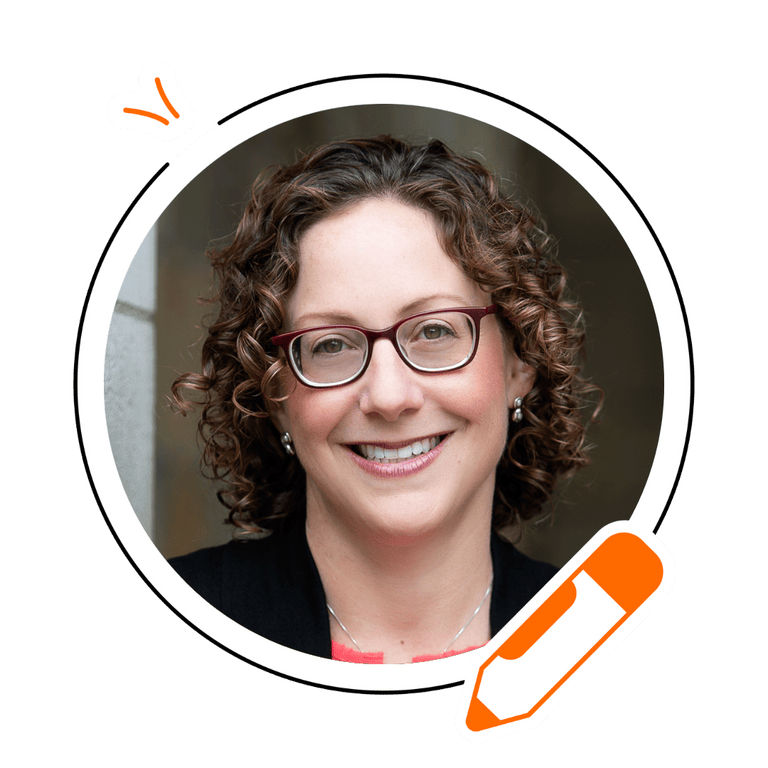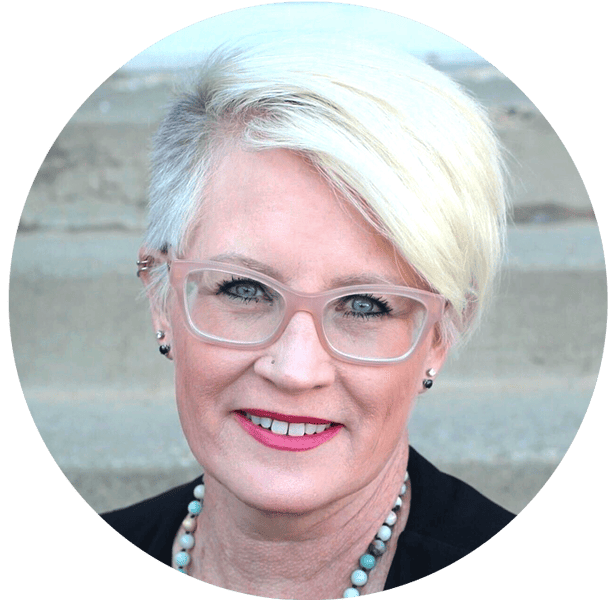
Vocabulary is unconstrained, with Tanya S. Wright
As a writer of several books for teachers and parents, former kindergarten teacher, and current associate professor of language and literacy in the Department of Teacher Education at Michigan State University, Tanya S. Wright, Ph.D., has maintained focus on a singular question: How can we most effectively work with students in the early education setting? In answering that question, Wright has researched and written on two interesting areas: vocabulary development, and best practices for literacy development in young children. Listeners will come away from this conversation with some great tips and strategies for developing vocabulary, working effectively with younger students, and integrating writing and vocabulary.
Meet our guest(s):



